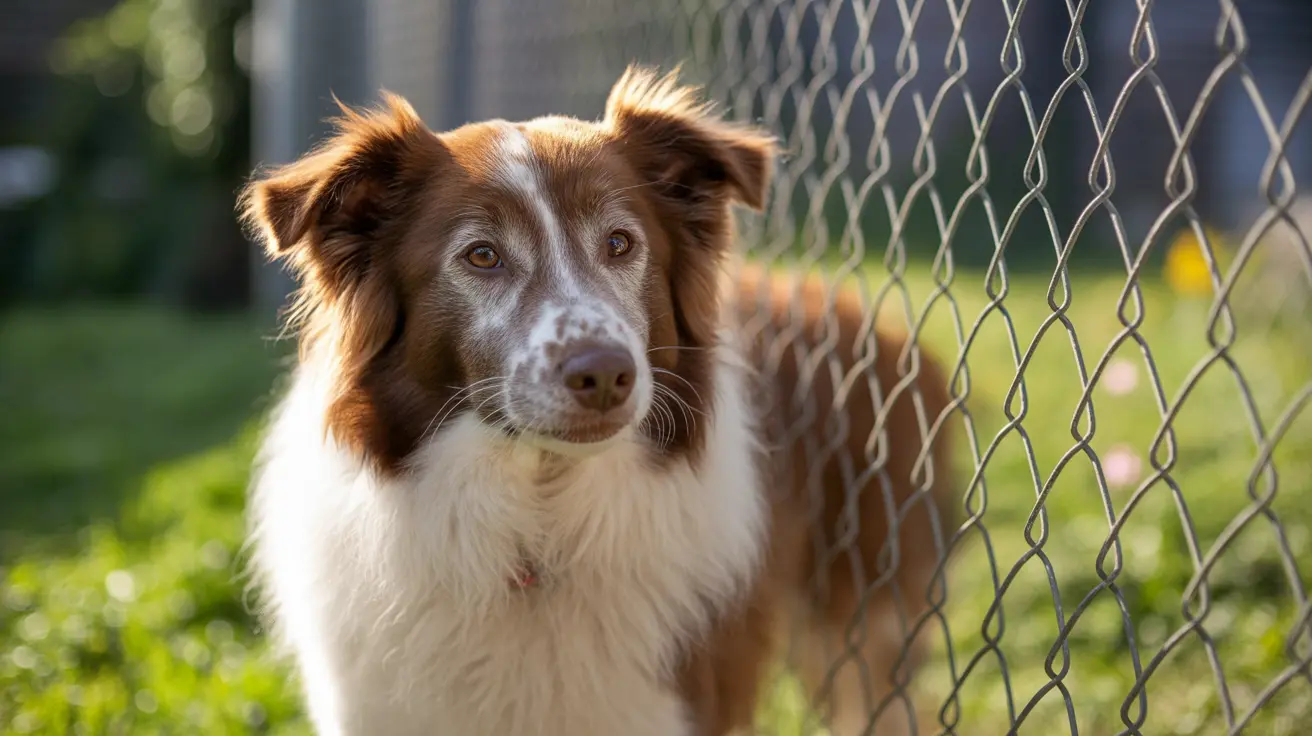Effective Home Remedies for a Dog’s Stomach Ache
If your dog is experiencing a mild stomach ache, it can be concerning but may often be managed at home with careful attention and care. Stomach issues in dogs can arise from various minor causes such as a sudden change in diet, consumption of unfamiliar food, or stress. Before applying any remedy, it's crucial to observe your dog's symptoms carefully and consult your veterinarian if any serious or persistent signs develop.
Common Signs of an Upset Stomach in Dogs
- Vomiting or diarrhea
- Loss of appetite
- Abdominal gurgling or gas
- Lethargy or restlessness
- Stretching or showing signs of abdominal discomfort
- Increased salivation or shivering
If the symptoms are mild and your dog remains otherwise active and alert, home care may be sufficient. Here are safe and effective measures you can take:
1. Keep Your Dog Hydrated
Hydration is crucial. To avoid dehydration:
- Offer small amounts of fresh water or ice cubes frequently.
- Bone broth, or diluting unsweetened coconut water or electrolyte solutions like Pedialyte (only with your vet’s approval), can help maintain hydration.
- Avoid letting your dog drink too much at once, which can worsen vomiting.
2. Provide a Bland Diet
Once vomiting subsides, and your dog can keep fluids down:
- Withhold food for 4 to 24 hours based on symptom severity.
- Introduce a bland meal such as boiled chicken, white rice, lean ground beef, or plain cooked fish.
- Only small, frequent meals should be given initially.
- Baby food with no onion or garlic can be used cautiously if advised.
3. Gradually Reintroduce Regular Food
- Once symptoms resolve over 24–48 hours, slowly reintroduce the usual dog food.
- Mix increasing amounts of regular food with the bland diet over 3–5 days.
4. Let Your Dog Rest
Rest is essential for recovery. Ensure a quiet, comfortable space for your dog to sleep undisturbed. Avoid strenuous activity or vigorous play until your pet has fully recovered.
5. Avoid Treats and Table Scraps
Table scraps and rich treats can disrupt digestive recovery. Keep your dog on a simple diet without extras until fully well.
6. Use Probiotics and Fiber if Recommended
- Veterinarian-approved probiotics may help restore gut flora.
- Plain pumpkin puree, mashed carrots, or cooked sweet potato may provide gentle dietary fiber.
- Introduce any supplementary foods or additives gradually and under veterinary supervision.
What to Avoid
- Never give over-the-counter human medications without veterinary approval.
- Don’t feed your dog grass — it's often ineffective and could be contaminated.
- Avoid sudden dietary changes or switching foods abruptly.
- Don’t delay seeking veterinary care if symptoms worsen.
Natural and Holistic Support (Vet-Approved)
With vet guidance, some natural remedies may help:
- Small amounts of honey water (not for diabetic pets).
- Probiotic-rich foods like plain yogurt or kefir.
- Herbs like ginger or slippery elm, if deemed safe.
When to Seek Veterinary Help
Home remedies are not suitable for all cases. Seek immediate attention if your dog:
- Vomits more than 2–3 times in 24 hours
- Has persistent diarrhea beyond 48 hours
- Refuses food or water completely
- Shows signs of blood in vomit or stool
- Appears lethargic or in distress
Preventing Future Digestion Issues
- Feed a consistent, species-appropriate diet and transition foods gradually.
- Keep trash, toxic items, and human food out of reach.
- Maintain regular vet care and vaccinations.
- Clean food and water bowls regularly.
- Use parasite prevention treatments.
- Prevent scavenging outdoors during walks.
With proper care and awareness, most dogs bounce back quickly from minor stomach upsets. If concerns persist, always consult your vet for tailored advice.





